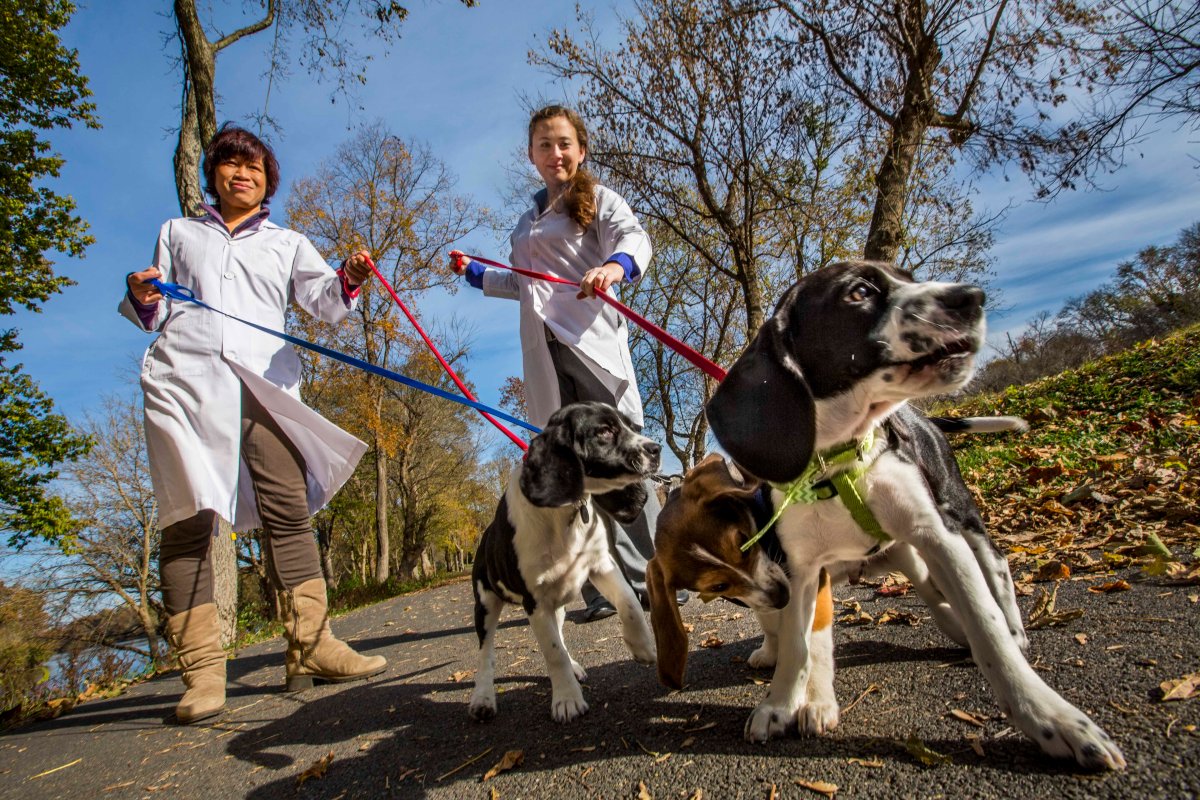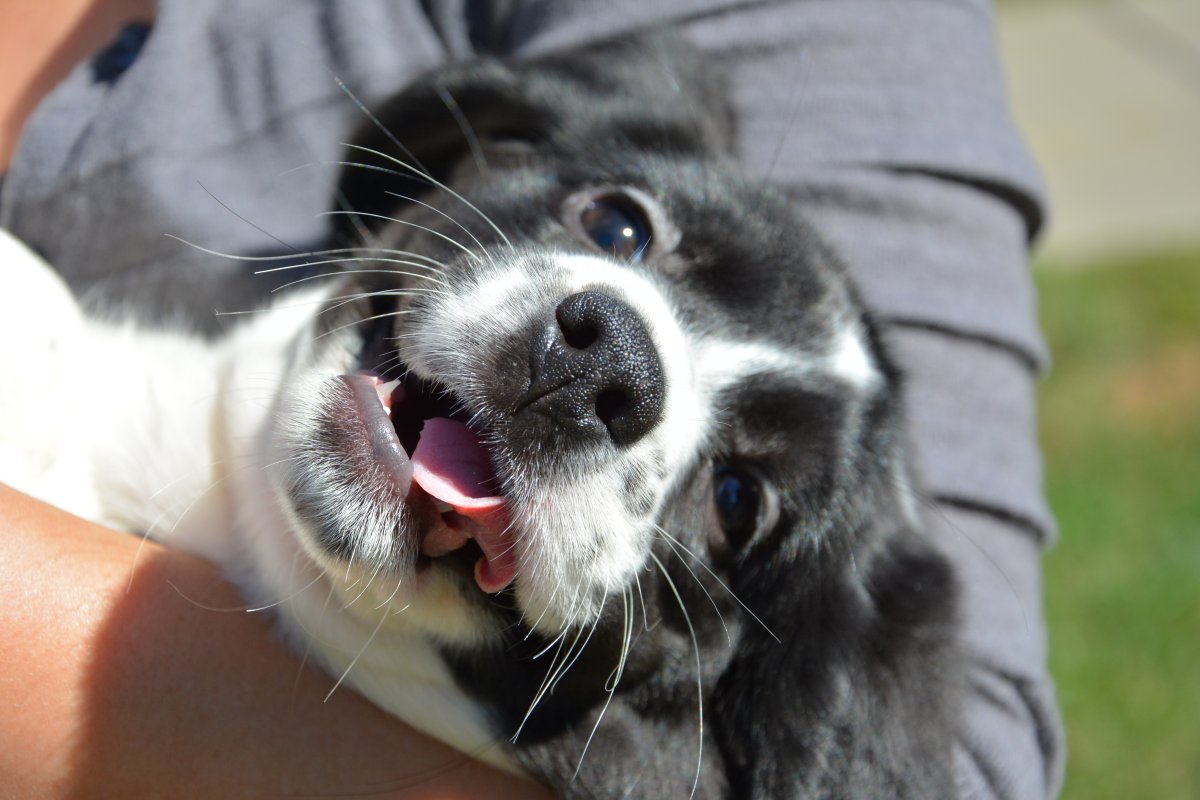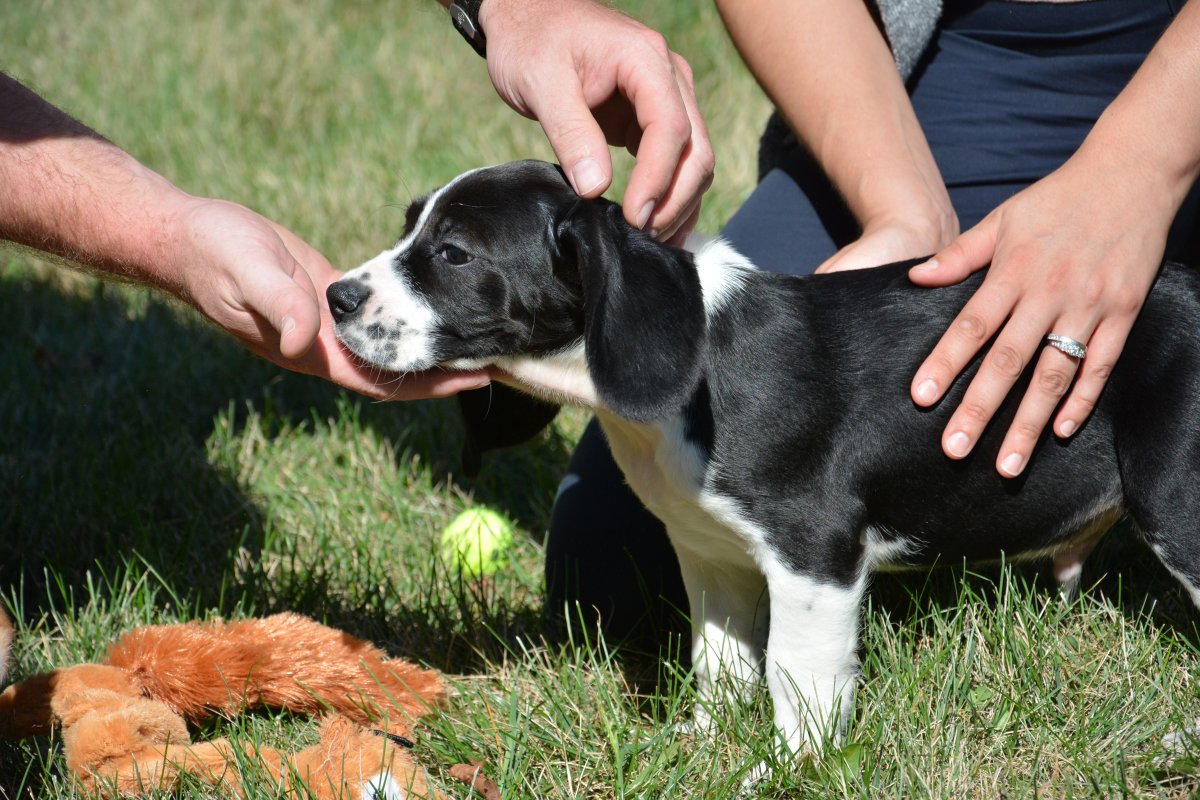Cornell University has made a breakthrough in in vitro fertilization research: a litter of puppies has been born using IFV.

It’s the first time an dog has given birth this way “despite decades of attempts at IVF,” according to the article published in the Public Library of Science ONE by graduate student Jennifer Nagashima on Tuesday.
Seven puppies were born on July 10, 2015, after a female was implanted with 19 embryos. The puppies, which have different parentages, were all healthy.
But why do we care about IVF in our pets?
“In vitro fertilization is a really powerful tool to help preserve endangered species of dogs like the African Panda dog,” Alex Travis, an associate professor of reproductive biology in Cornell’s College of Veterinary Medicine, said in a video provided by the university.
“We have to be able to do IVF to create new members of that species.”
IN PHOTOS: The seven puppies born using IVF
Gene-editing and human application

Get weekly health news
The study also opens up the possibility of fixing unhealthy or defective genes, usually called gene-editing, in dogs before one is born, Travis continued.
“Instead of trying to cure disease, we can try to prevent it from happening in the first place,” he explained.
This gene-editing can have far-reaching effects, which may be able to help cure human diseases, specifically certain types of cancers, Nagashima said.
The study states dogs share over 350 heritable disorders with humans – almost double the amount shared by any other species.
READ MORE: Scientists, ethicists tackle gene-editing ethics in humans





























Comments